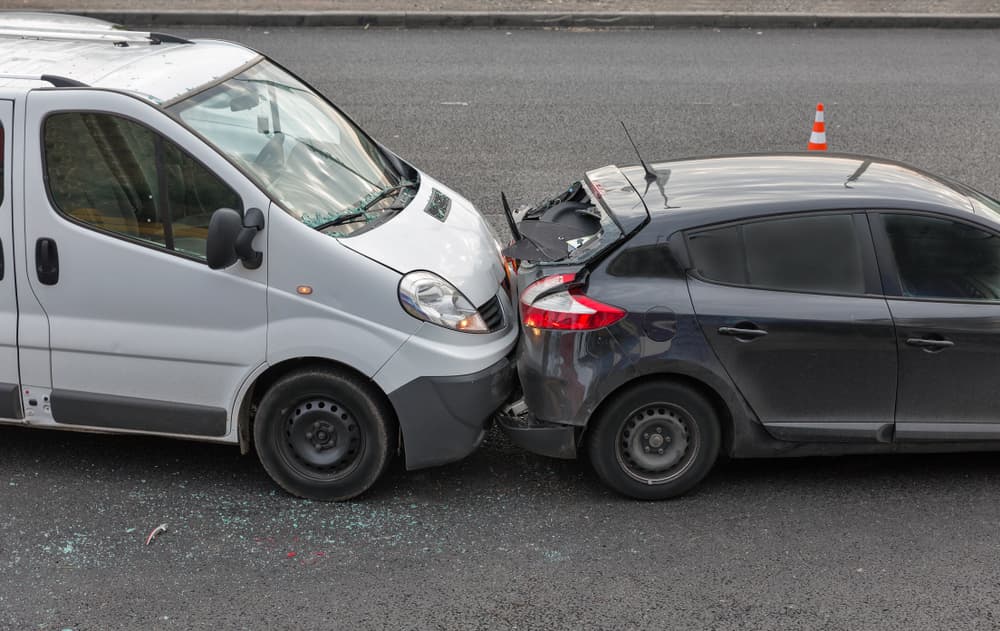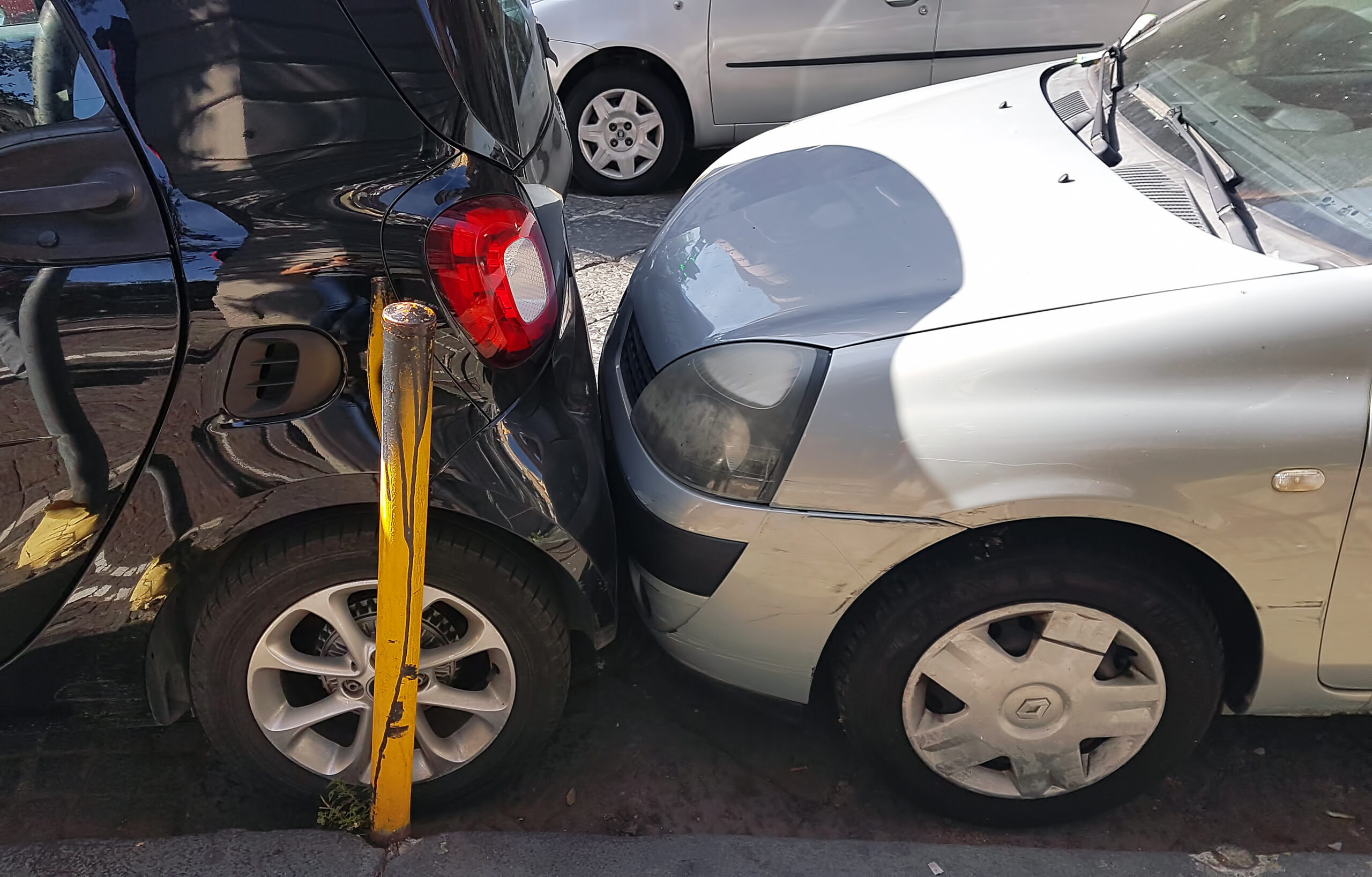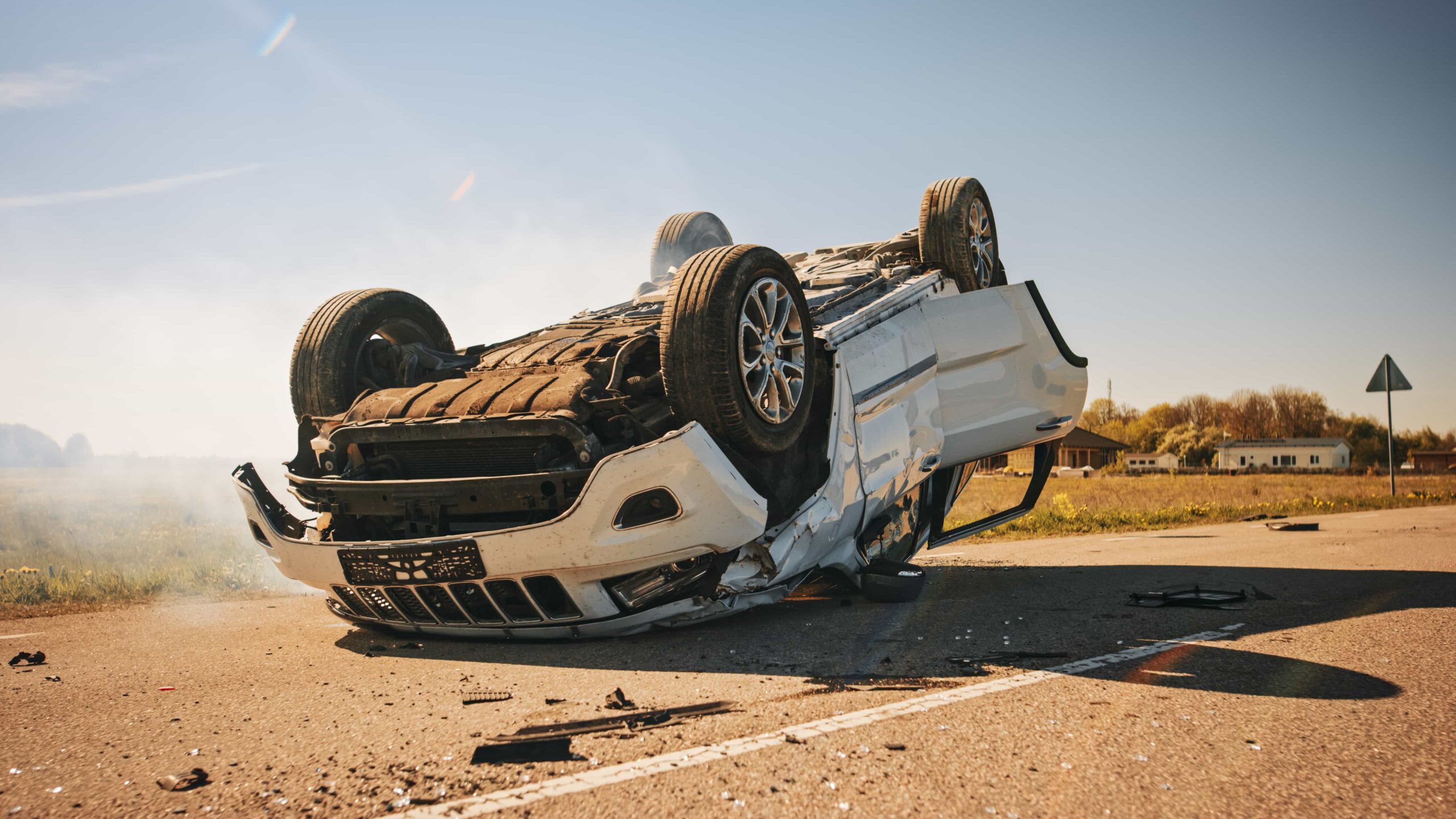Car accidents are costly, stressful, and traumatic, especially when you sustain injuries. You must find a balance between receiving medical treatment and putting your health and well-being first while finding the time and energy to handle your claim for compensation.
It can all be overwhelming, but it doesn’t have to be. A Chicago car accident lawyer can provide the legal support and guidance you need, handle all required tasks related to your case, and represent your best interests to get you the favorable results you need and deserve.
Your attorney will follow specific rules and procedures if your case requires a car accident lawsuit. These procedures involve measures to obtain information from other parties to aid your claim. Depositions are one of the best methods for interviewing relevant parties and acquiring details that benefit your case.
But what is a deposition, and what happens after your attorney concludes the depositions in your car accident case?
Schedule a Free Initial Consultation
Taking the Right Legal Action After a Car Accident
If you’re in a car accident and sustain injuries, you have the right to take action to pursue compensation. The route you take typically depends on your circumstances and state laws.
Generally, you have two options: file a car insurance claim with the insurer or file a lawsuit in civil court. In most cases, you’ll start by filing an insurance claim. If you can receive the compensation you deserve from your claim, you need to take no further action.
However, insurance companies are known to be difficult, so it’s no surprise when your collision claim doesn’t end in the outcome you expected. The insurer may not pay out enough to cover your losses or deny your claim altogether. In situations like these, a personal injury lawsuit may be necessary.
Under other circumstances, you might skip straight to the lawsuit. For example, if you’re involved in a collision with an individual without car insurance, you may file a personal injury lawsuit against them for monetary recovery.
Taking action after a car crash can be overwhelming and confusing. A car accident attorney can help you navigate the process and work toward obtaining the best possible outcome.
What Comes Before a Deposition?
Many steps must occur before you ever get to the deposition phase. Even if you have an attorney handling your claim and you don’t have to handle the following tasks alone, it’s still helpful to understand what happens behind the scenes.
Filing a Car Insurance Claim

You may start by filing an insurance claim. Car insurance is important in the event of an accident, as most individuals do not have thousands of dollars to spare to pay victims for their injuries and property damage. If someone causes an accident, their insurance pays out on their behalf.
Depending on state law, you can either file an insurance claim with your own car insurance for coverage (and they obtain reimbursement from the at-fault driver’s insurance), or you can file a claim directly with the other driver’s insurance, called a third-party claim.
When you file a claim, you’ll provide the necessary information, and the insurance company will perform its own investigation. Based on their findings, they’ll decide whether to approve your claim and how much they believe it is worth.
The problem is insurance companies are sneaky and tricky to deal with. Sometimes, what they believe your claim is worth is inaccurate, and they’ll try to get away with giving you less than you deserve. In other cases, they may deny your claim altogether, as they know they’re off the hook financially if your claim fails.
When you file a insurance claim, you never know how it will go. For this reason, it’s best to consult with a lawyer right after your accident. Having a skilled lawyer on your side can take dealing with the insurance company off your hands.
Sending a Demand Letter
When you have a lawyer, they’ll start by examining and investigating your accident to better understand your losses and the value of your demand letter.
A demand letter is a letter to the insurance company providing details and information regarding your collision and resulting losses, including:
- The cost of your car accident injuries
- The total damages you deserve
- Evidence proving their insured’s liability
At the end of the letter, your attorney will include a figure representing the total owed to you. They’ll ask the insurance company to remit payment as soon as possible to settle the case. Additionally, they’ll threaten to take further legal action, meaning filing a lawsuit, if the insurer will not favorably resolve the matter.
Once the insurance company receives the letter, they have options.
They can:
- Accept and cut you a check to settle your claim
- Begin negotiations for settlement
- Deny the request altogether
- Ignore the letter
In plenty of cases, the insurance company doesn’t agree to pay what your lawyer demands so easily. Instead, they’ll either try to negotiate or deny the request.
If the demand letter doesn’t yield the outcome your lawyer wants, they can proceed with filing a personal injury lawsuit.
Filing a Lawsuit
To file a lawsuit on your behalf, your lawyer will draft a petition and file it with the court, along with any filing fees. Your attorney must fulfill the service of process requirement and provide the opposing party with copies of the summons and complaint.
After the insurance company receives these documents, they have a set number of days, typically between 20 and 30, to file its response to your lawsuit with the court. Upon filing the response, your case can officially commence.
Engaging in Discovery
The discovery phase is the most important part of a personal injury lawsuit and also the most time-consuming. During this phase of a lawsuit, both parties have the opportunity to request and obtain evidence and documentation to help build their cases.
Several tools are at an attorney’s disposal to get the information they need, including:
- Interrogatories
- Requests for production
- Requests for admissions
Among these tools, depositions are widely used and favored by lawyers.
What Is a Deposition?
A deposition lets an attorney get a recorded statement from a party, referred to as the deponent, under oath.
A lawyer may decide to depose a party to get vital information from them to help strengthen their case. Potential deponents can include a party to the case or any witness with knowledge about the case that can provide helpful details.
When an attorney wants to depose a party, they send that party what is called a subpoena. A subpoena informs that person they’re being deposed and gives information regarding time and location.
During a deposition, the party requesting the deposition can ask questions, and the opposing party’s attorney may also have the opportunity to ask questions. A court reporter is present to properly transcribe everything people say during the deposition.
Typically, an attorney can schedule as many depositions as they feel necessary to get everything they need before concluding the discovery phase.
What Happens After Depositions Conclude?
After a deposition, the attorney will usually request the court reporter’s transcript of the proceedings. Having a transcript allows the lawyer to read and reread what was said during the deposition to extract the information they need most. This is usually the case for every deposition.
Once both attorneys have finished taking all of the depositions they want, they can either continue with discovery or conclude discovery altogether.
Finish Discovery
Aside from obtaining documentation and evidence, depositions commonly give lawyers the best information they can use for their cases. Therefore, once all depositions have concluded, lawyers can wrap up the discovery phase and move on to the next.
Attempt to Settle
Settlement negotiations often start before you even file a lawsuit, but those are not always successful. Both sides can better return to the settlement battlefield when they have the knowledge and information gathered during discovery.
After the discovery phase is over and both attorneys have had the chance to build their cases, your lawyer will likely attempt to engage in pretrial settlement negotiations. If successful, such pretrial negotiations can resolve the matter without going to court.
What the insurance company decides to do is entirely up to them. However, at this point, if negotiations are not fruitful, the case goes to trial. With this in mind, attorneys can do what they think is best for them and who they represent.
Most personal injury lawsuits settle before they see the inside of a courtroom. This occurs for several reasons.
The insurance company knows that a trial is inevitable if they don’t settle. The problem is that trial requires much more time, energy, and money, which everyone has already sacrificed enough of. Additionally, there is always a chance either party may lose at trial. If you win and the insurance company loses, they’ll end up losing much more than they might if they end up settling.
While it may still be a challenge, settlements are possible at this point. Even if your case is on the schedule and ready for trial, the insurance company’s lawyers can still decide to settle up until right before the trial starts.
If settlement negotiations are successful, you sign an agreement with the insurance company, receive a check, and your case is officially over. If reaching a settlement is not possible, your case will proceed to trial.
Trial
A trial takes place in court before a judge. Sometimes, a jury is also involved.
During a trial, both parties’ attorneys present their cases before the judge and jury. They’ll provide details, evidence, and witness testimony to paint the full picture.
At the end of the trial, the judge can decide or the jury can deliberate to determine whether you are, in fact, entitled to compensation. If so, they will determine how much.
If you win, your case is officially over, and you can expect to receive payment shortly after the trial has ended.
Settlement vs. Judgment—Receiving Your Money
After your case has concluded, whether it ended in a settlement or a court judgment, you’ll receive your compensation afterward.
After you’ve accepted a settlement, you’ll sign documents before the insurance company cuts a check. Among these documents, you’ll sign a release, which makes you agree to never pursue additional compensation for this claim once you receive your settlement money.
The signed documents go to the insurance company for review. They’ll cut a check and send it to your attorney’s office if all they accept the terms.
Under the law, your attorney must first deposit your check in their special trust account. They will take their earnings under your contingency agreement from this account and write a check for the rest of the money in your name.
It is a similar process if you receive a judgment at trial. The insurance company sends your lawyer your earnings for them to deposit in their account to take what they’re entitled to and give you the remaining balance.
Your attorney will usually give you the option of mailing your check or going to their office to pick it up.
Once you’ve received your money, you close your case and end your current business with your car accident lawyer.
Let a Car Accident Attorney Handle Your Car Accident Claim

After a car accident, you already have enough on your plate. You’re likely dealing with injuries and receiving treatment to recover, as well as the stress of medical bills and other financial burdens. For these and many other reasons, it’s helpful to have a car accident lawyer represent you from beginning to end.
Your attorney has the knowledge and tools to take on every case-related task, from drafting and filing your lawsuit petition to engaging in settlement negotiations on your behalf. With an experienced personal injury attorney in Chicago, you have an ally and a much better chance of receiving the monetary
Schedule a Free Initial Consultation Today!



